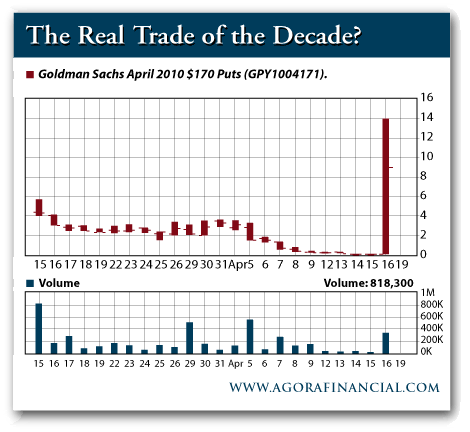- Joined
- Jan 25, 2010
- Messages
- 30,748
- Reaction score
- 15,062
- Gender
- Undisclosed
- Political Leaning
- Undisclosed
I don't understand how this is fraud.
GS didn't disclose that Paulson went short on the positions they organized, but alone is not fraud. As long as the relevant details about the securities were given, how can GS be rightfully accused of fraud?
As I understand it, and I could be wrong here, you don't have to tell people who's organizing the securities as long as you give them the relevant information about the underlying securities.
GS was involved with the creation of the RMBS where it knew the advisor in the creation of the RMBS was shorting the RMBS that it advised on the creation of. Meaning the creator of the RMBS had a special interest in ensuring the RMBS was going to fail. It was paid by the party creating the RMBS. GS failed to disclose to the buyer of the RMBS the material nature of the RMBS that it had knowledge of.
Overall GS did not provide the relevant details regarding the securities that it was selling. GS was in a conflict of interests position. Representing both the seller and the buyer of the security it choose to assist the seller in getting rid of toxic RMBS (that both knew were to be toxic) rather then properly advise the investor of the true risks of the RMBS

